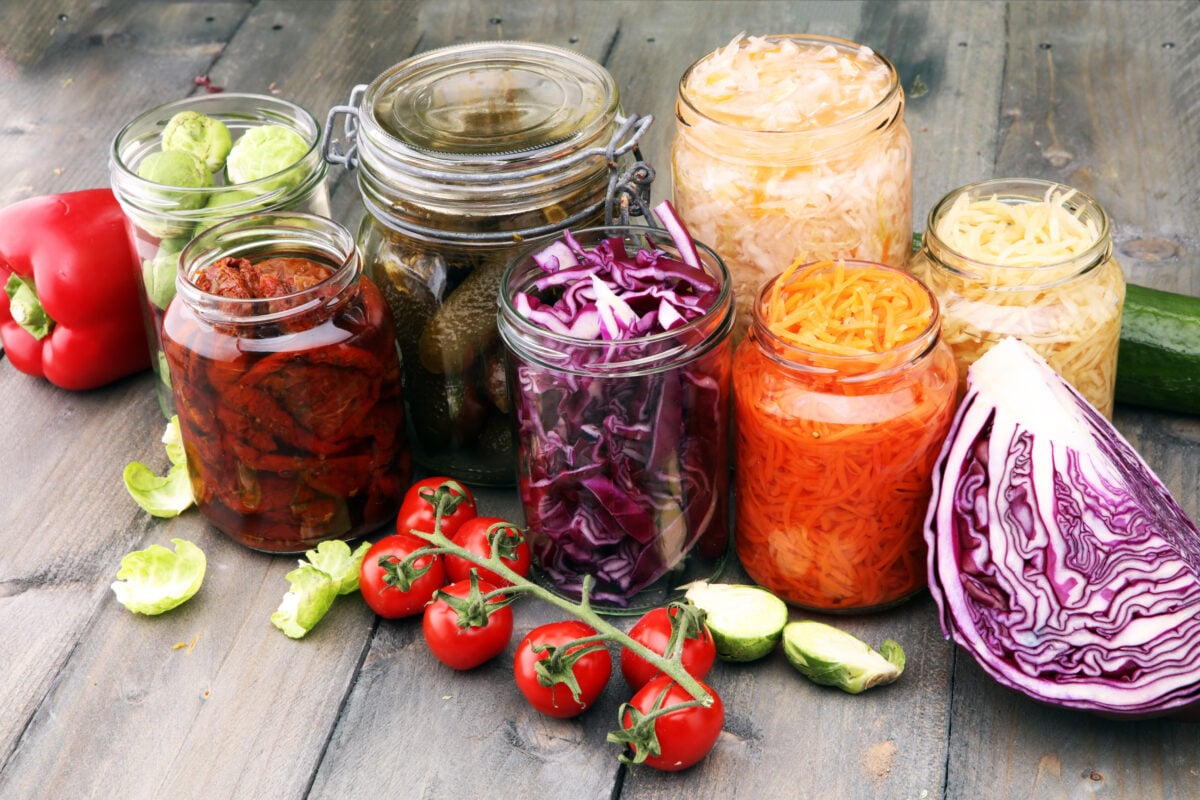The Co-op supermarket has enlisted the University of York and the FixOurFood project to conduct research about the coming changes to the standard UK diet.
Read more: Plant-based Nuggets Outperform Meat In ‘World’s Largest’ Taste Test
The research predicts that by 2054, the typical UK person’s diet will have shifted dramatically. This will be reflected by alternative proteins like cultivated meat rising in popularity, health-consciousness expanding more widely, and a much larger portion of the UK population reducing meat intake.
The research is partly influenced by the UK temperature‘s projected rise over the next three decades, which could see foods such as olives and avocados being grown in the south of the nation, according to the study. As Brits become more aware of the issue of food waste, preserving methods such as pickling may make a comeback in UK households. The phenomenon of urban farming, employing techniques such as vertical farming, is also set to become much more common among the population.
Read more: Thailand FDA Proposes Ban on Plant-Based Foods Using Meat And Dairy Labeling

It also predicts the use of currently lesser-known ingredients becoming adopted in cooking, for example, the aquatic fern azolla being used in a wide range of foods such as pasta and burgers. This all makes up part of the most recent Responsible Retailing report from the Co-op, finding that ethical and sustainable food concerns have risen in 72 percent of consumers in the last few years.
Changing UK diets
“As a food industry we’ve made a lot of progress, but rightly shoppers are calling on us to do more, with honesty and integrity at the core of our decision making,” Cathryn Higgs, Head of Ethics, Sustainability and Policy at Co-op, said in a statement. “At Co-op, we remain committed to providing our members and customers with responsibly sourced and innovative food options.”
The report also found an increase in fruit and vegetable consumption across 88 percent of consumers. In addition, 72 percent have become more concerned about the ethics and sustainability of their food.
Bob Doherty, Director of FixOurFood and Dean of the School for Business and Society at the University of York said: “The last 30 years we have seen scientific leaps into more sustainable produce which were unimaginable to most back in 1994. From lab-grown meat to vertical farming, the future of food is set to revolutionize how we eat.”
Read more: Brand Creates Wheat-Based Binders For Vegan Meat That’s Free From E-Numbers






